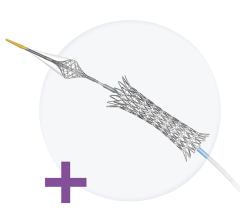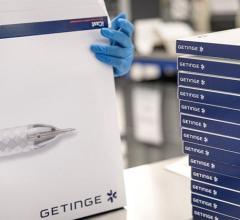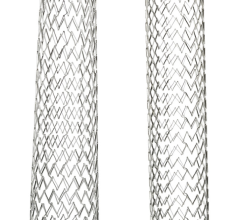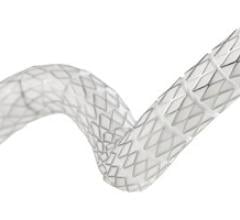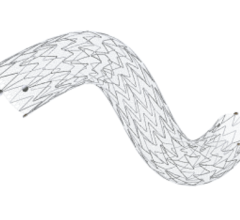
November 22, 2011 — The controversial subject of “indiscriminate” stenting to treat asymptomatic carotid stenosis (ACS) was addressed at the 38th annual VEITH Symposium. J. David Spence, M.D., professor of neurology and clinical pharmacology, University of Western Ontario, presented his findings. Spence is also director of the Stroke Prevention & Atherosclerosis Research Centre, Robarts Research Institute.
The crux of the argument against stenting ACS is that the practice is based on historical risks of ACS that are no longer relevant. This is because optimized intensive medical treatment leads to lower risks of stroke or death; much of the practice that currently occurs is based on the results of the CREST trial that did not have a medical arm for comparison. Despite several investigators calling for a moratorium on stenting or surgery for ACS, the practice still continues, especially in the United States.
Because of this, Spence strongly stated, “There really is no question that indiscriminate intervention for ACS is ill-advised.” In situations with evidence of microemboli or multiple ulcers, CEA or CAS should be considered in the setting of a randomized trial that includes an intensive medical arm. The questions regarding malpractice or criminality are more extreme, but trying to answer them raise other important issues including financial motivation to continue to treat a condition where intervention or surgery is not warranted.
For more information: www.veithpress.org


 November 24, 2025
November 24, 2025 



